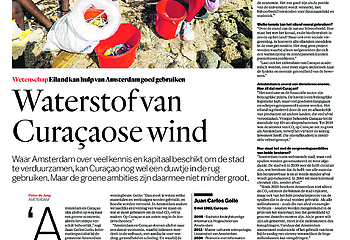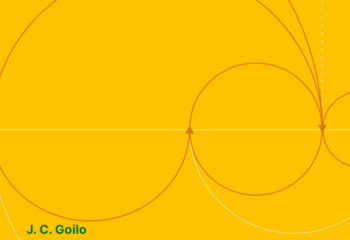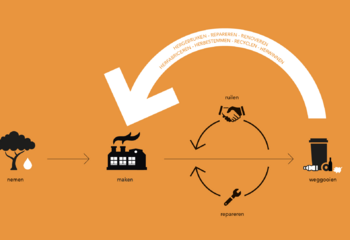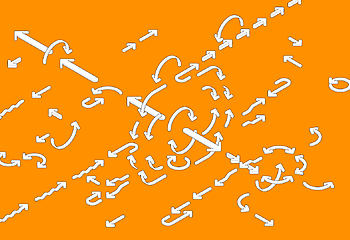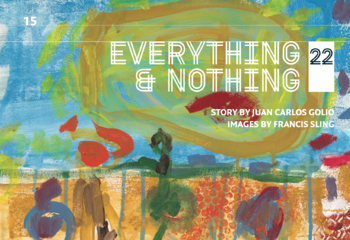Faced with the need to act towards sustainable futures, a variety of monitors are being developed in many places around the world. By conducting a comparative case study, the research aims to understand how information organizers, such as the monitors, acquire agency and interact within local and global dynamics. It explores how these monitors facilitate transitions to what the respective local economies perceive to be a sustainable future.
The city of Amsterdam and the island of Curaçao both use the doughnut economy model, as developed by Kate Raworth, for the implementation of circular economy and to monitor the progress of their policies. Information has been pivotal to policymaking for centuries. It plays a significant role in the human domination of the world. Nowadays data, including real time data, are regularly used as feedback loops for policymaking. The scale and speed of information technology offer unprecedented possibilities in the process of policymaking. Many scholars argue that we have entered the Anthropocene, highlighting the impact our human activities have on the world. Some scholars go as far as to argue that the Anthropocene is a form of entropy enacted by human practices that are mediated and intensified by information technology.
The information-driven human practices of the Anthropocene also uphold power relations. Next to studying monitors, this research therefore revisits cybernetics and analyses how information technologies have been developing different feedback mechanism over the last centuries and connects these older insights to the current power dynamics of building and using monitors for policy and decision making. Amsterdam and Curacao explicitly provide the context for this comparison, since they have a colonial relation for centuries. At the same time, both collaborate in the change towards sustainable futures. Both are engaged in the making of local data monitors and both work with the Central Bureau of Statistics of the Kingdom of the Netherlands. As a result, the research provides a framework for the making process of monitors that act towards sustainable futures.
